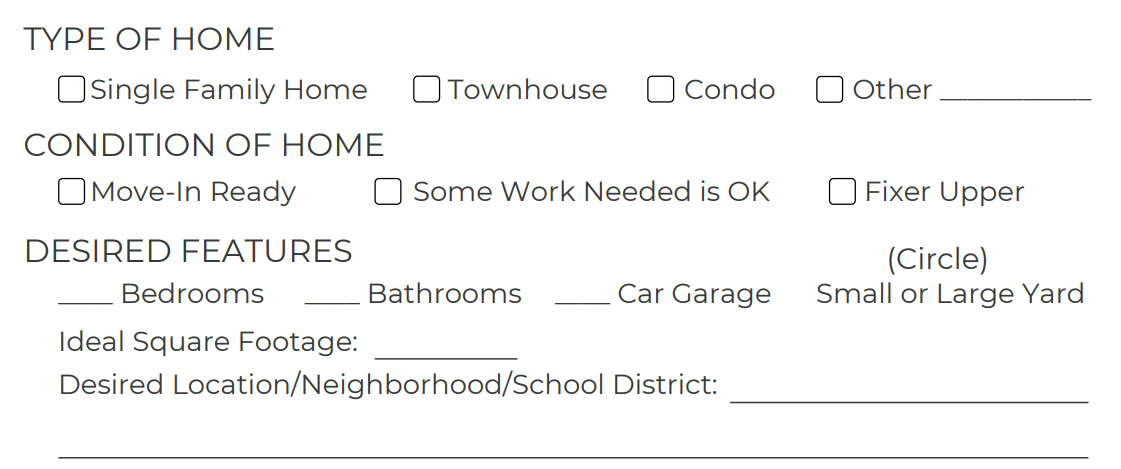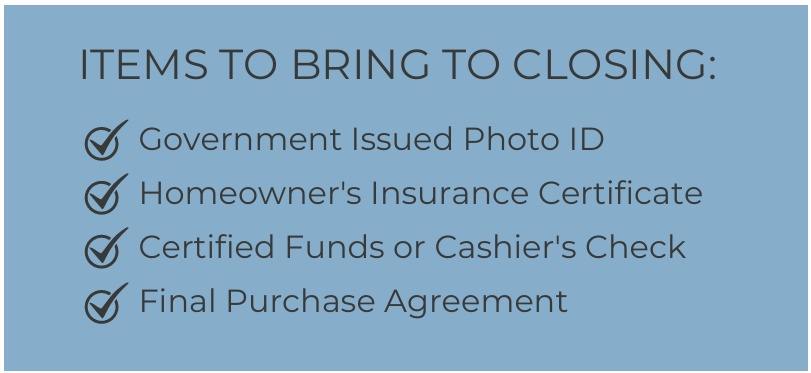In today's market, buying a home in Shasta County is a wise investment. Housing is one of the most conservative leveraged investments available, offering a reliable and stable way to build wealth. Whether you're considering renting or owning, it's important to note that you're paying for housing either way. Owning a home is often seen as a "forced savings account," helping you build equity over time. Additionally, there are significant tax benefits to owning a home, including deductions on mortgage interest and property taxes. Finally, owning a home provides a hedge against inflation, protecting you from rising rental costs.
Where To Start?
- Determine Your Housing Budget
- Save For a Down Payment
- Check your Credit
- Get Pre-Approved For a Home Loan





















